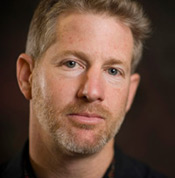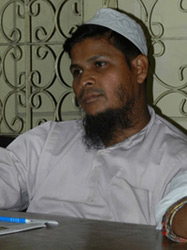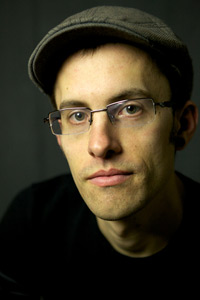A building that housed several garment factories has collapsed in the Bangladeshi capital of Dhaka, killing at least 70 people, injuring about 600, and leaving others trapped in the wreckage:.
NEW DELHI – An eight-story building in Bangladesh that housed several garment factories collapsed on Wednesday morning, killing at least 70 people, injuring hundreds of others, and leaving an unknown number of people trapped in the rubble, according to Bangladeshi officials and media outlets.
The building collapse occurred in Savar, a suburb of the national capital of Dhaka, and is the latest tragic accident to afflict Bangladesh’s garment industry. Bangladesh is the world’s second-leading garment exporter, trailing only China, but the industry has been beleaguered with safety concerns, angry protests over rock-bottom wages and other problems.
This latest fatal accident, coming five months after a fire at the Tazreen Fashions factory killed at least 112 garment workers, is likely to again raise questions about work conditions in Bangladesh: workers told Bangladeshi news outlets that supervisors had ordered them to attend work on Wednesday, even though cracks were discovered in the building on Tuesday.
Brian Williams and his investigative team won the 2013 Hillman Prize for Broadcast Journalism for their coverage of appalling safety conditions in the Bangladeshi garment industry. Thy found that leading U.S. firms including Walmart, Tommy Hilfiger, Gap, Sears and even ABC’s own parent company, Disney, manufacture clothing in Bangladesh, home of the world’s lowest minimum wage, just $37 a month.
These low wages come at a high price. As a result of grossly substandard safety practices, lax government enforcement, and ineffectual “audits” by industry groups that purport to self-police working conditions, more than 500 Bangladeshi garment workers have died in fires and building collapses in the last few years.
This week’s building collapse underscores the urgency of the Bangladeshi garment workers’ fight for decent working conditions. The Hillman Foundation presents its Officers’ Award for Public Service to these workers, in memory of Aminul Islam, a garment worker activist who fought tirelessly for better working conditions until he was kidnapped, tortured, and murdered, likely for his activism.












